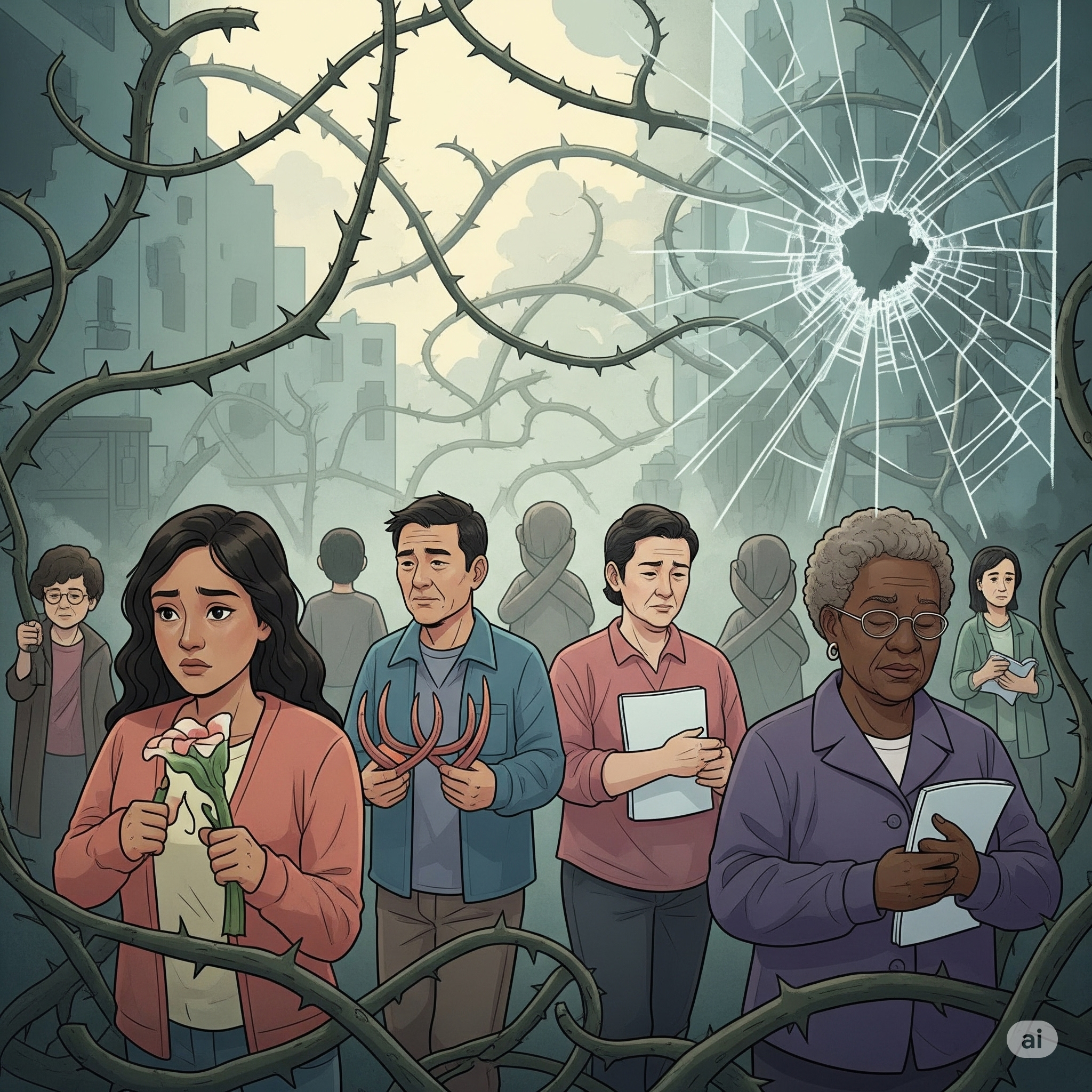Understanding Systemic Abuse and How it Impacts Domestic Violence Survivors
Systemic abuse happens when institutions—like the legal, health, or immigration system—fail or harm survivors. This guide helps you understand how survivors face injustice beyond the abuser, and what supports are available in Ontario.

Domestic violence doesn’t happen in a vacuum. Survivors often face abuse from systems that are supposed to help—courts, police, child welfare, housing, immigration. This is known as systemic abuse, and it can leave survivors feeling unheard, re-traumatized, and unsafe.
⚠️ What Is Systemic Abuse?
Systemic abuse happens when institutions or systems:
Ignore, dismiss, or minimize survivor reports
Fail to respond quickly or appropriately
Impose harmful policies or barriers
Reinforce power imbalances or biases
Make survivors jump through hoops to get help
Systemic abuse isn’t always intentional—but its impact is very real.
🧠 Examples of Systemic Abuse Survivors May Experience
Police dismissing DV reports or blaming the victim
Family court forcing joint custody despite abuse
Survivors being disbelieved due to race, disability, or immigration status
Lack of accessible shelters or supports for disabled or LGBTQ2S+ survivors
Child protection threatening to remove children from survivors
Immigration systems making survivors dependent on their abuser for status
Delays or denial of legal aid based on income that doesn’t reflect real-life risk
💔 The Impact of Systemic Abuse
Delays in getting protection (e.g., restraining orders or safe housing)
Emotional retraumatization when survivors are not believed
Fear of losing children or being deported
Feeling trapped, disempowered, and isolated
Survivors giving up on seeking help altogether
📣 What Can Survivors Do?
Document everything – dates, names, what happened
Seek help from advocates or legal support workers
Connect with trauma-informed organizations that know how to work around systems
File complaints if safe to do so (e.g., Human Rights Tribunal, Legal Aid appeals)
Consider media or advocacy routes with trusted support
📞 Ontario Resources That Understand Systemic Barriers
Barbra Schlifer Commemorative Clinic – Legal and advocacy help
OAITH (Ontario Association of Interval and Transition Houses) – Survivor advocacy
ARCH Disability Law Centre – For survivors facing accessibility and disability rights issues
DAWN Canada – For disabled and gender-diverse survivors
Legal Aid Ontario – 1-800-668-8258 (appeals and support possible)
211 Ontario – Referral to trauma-informed services and complaints processes
📌 Summary: Naming the Abuse Behind the Scenes
✅ Systemic abuse is when institutions fail or harm survivors
✅ It can look like disbelief, legal loopholes, or biased responses
✅ The emotional toll is real and can worsen the trauma
✅ You have the right to advocacy, documentation, and support
✅ Help exists—even if the system feels broken
